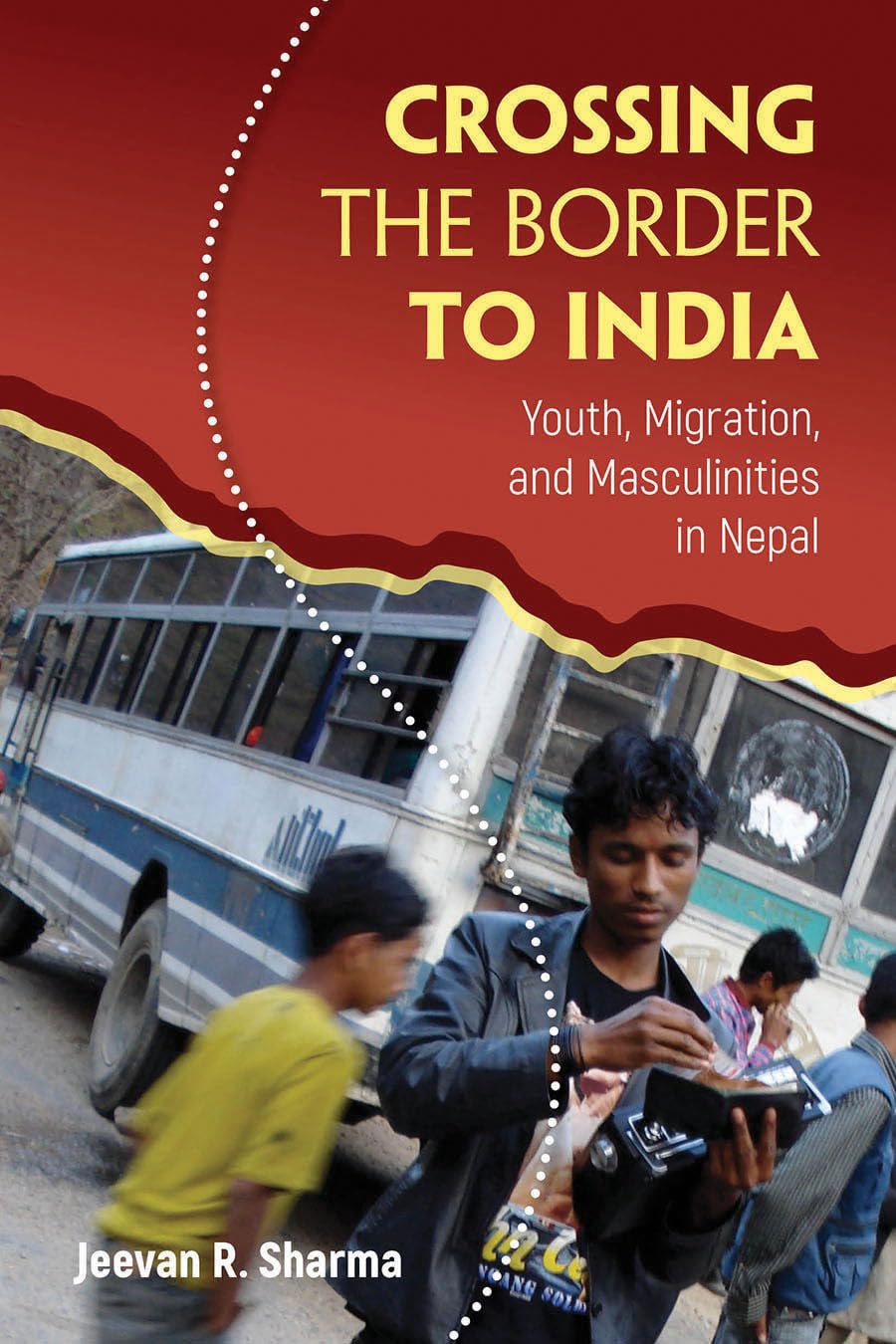Asian Apparel Industry Faces Crisis Amid Trump’s Sweeping Tariffs

Dhaka — Manufacturers and suppliers across Asia are expressing deep concern over the future of their apparel hubs following US President Donald Trump’s imposition of harsh tariffs on major apparel manufacturing countries. The tariffs, announced on Wednesday, target Cambodia with 49% levies, Vietnam with 46%, Bangladesh with 37%, Indonesia with 32%, and India with 26%.
The tariffs have prompted companies in economically vulnerable South Asian countries, such as Sri Lanka and Bangladesh, to urge their governments to negotiate with the Trump administration to prevent foreign buyers from seeking cheaper alternatives. The tariff hike is expected to significantly impact fast-fashion retailers and sportswear brands that rely on manufacturing in Vietnam, Bangladesh, Indonesia, and Sri Lanka.
The US, a major consumer of apparel and footwear, produces only 2.5% of its apparel and 1% of its footwear domestically. During Trump’s first term, tariffs on China led apparel and footwear makers to shift production to other parts of Asia. However, the new tariffs have left these manufacturers with limited options.
Garment exporter Shahidullah Azim, whose clients include North American and European retailers, expressed his dismay: “We knew something was coming, but we never expected it to be this drastic … This is terrible for our business and for thousands of workers.” Azim’s company, which employs 3,200 factory workers, is bracing for order cancellations as rising costs for buyers threaten Bangladesh’s competitive edge.
The ready-made garment industry is crucial to Bangladesh’s economy, accounting for over 80% of total export earnings, employing 4 million people, mostly women, and contributing roughly 10% to its annual GDP. Bangladesh, the second-largest producer after China, manufactures garments for global brands such as Carrefour, Uniqlo, Primark, H&M, and Zara. Manufacturers fear that buyers will be forced to choose other cost-competitive markets, dealing a massive blow to the industry.
The International Apparel Federation, representing garment manufacturers in 40 countries, called the tariffs a “major shock,” adding: “Ultimately, someone will have to pay the price.”
In Sri Lanka, the garment industry exports about 40% of its output to the US, earning $1.9 billion last year. The tariffs will affect over 350,000 employees in the garment industry, which is Sri Lanka’s second-largest foreign exchange earner. Sri Lankan President Anura Kumara Dissanayake’s office announced the formation of a panel to study potential issues arising from the new tariffs.
Yohan Lawrence, Secretary General of Sri Lanka’s Joint Apparel Association Forum, warned: “Sri Lanka could very quickly see its share of US business move to countries with lower tariffs. This situation is serious, and it must be addressed as a matter of national urgency.”
The United States Fashion Industry Association expressed disappointment over the tariffs, stating that the action will particularly affect American fashion brands and retailers.


















Facebook Comments